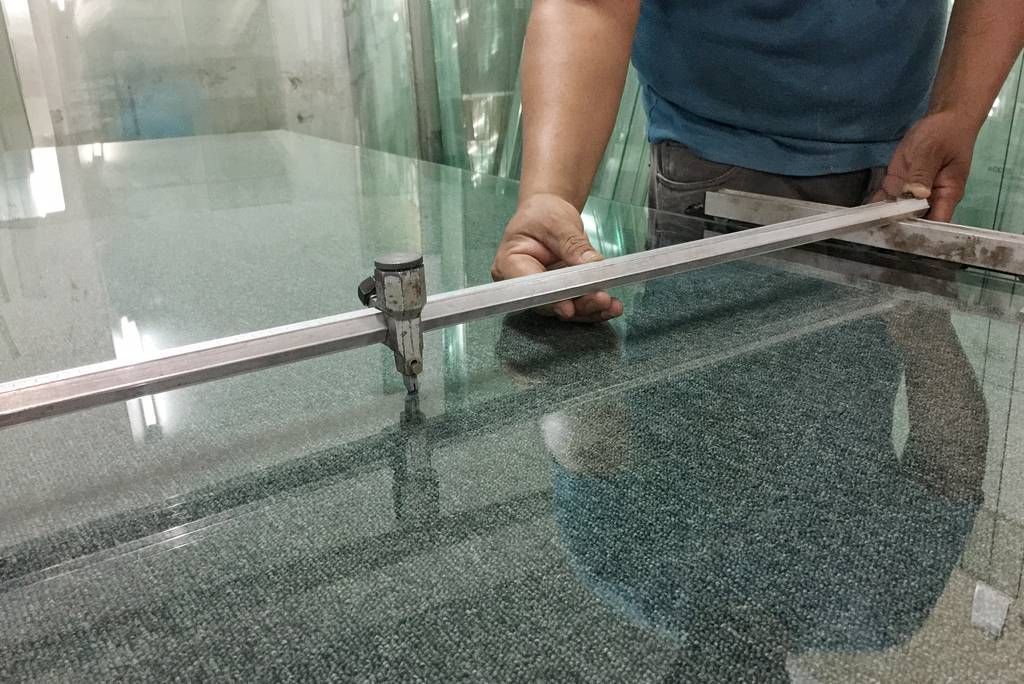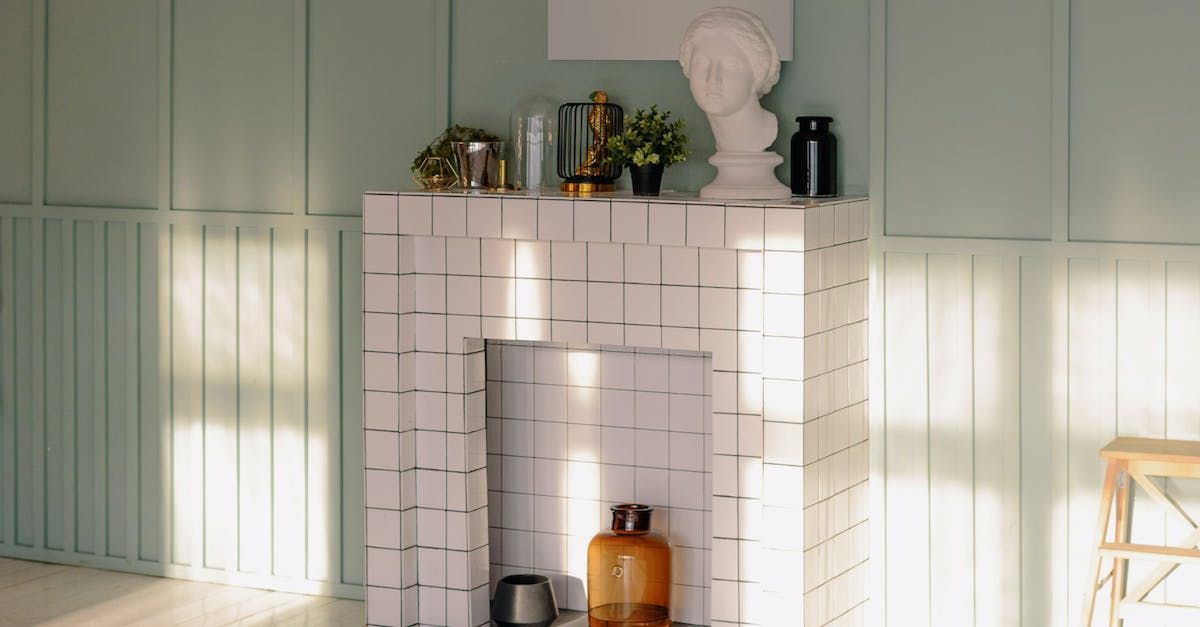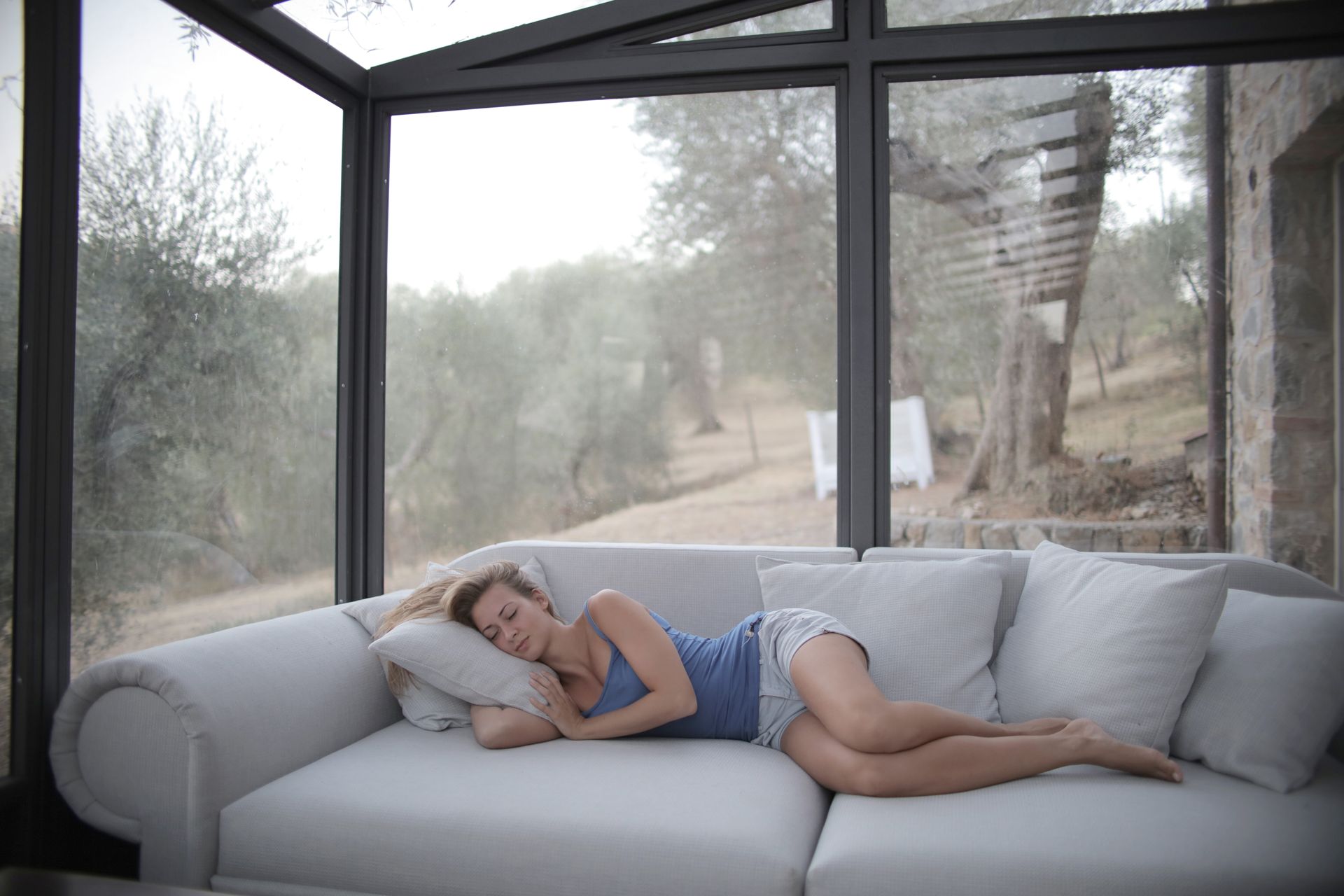The Ultimate Guide to Choosing the Right Glass for Soundproofing
Soundproofing your windows is a crucial step in creating a peaceful and quiet environment in your home or office space. The type of glass you choose plays a significant role in the effectiveness of sound reduction and the overall cost of the soundproofing project. In this comprehensive guide, we will explore the different types of glass and provide valuable insights into selecting the best glass for soundproofing. Whether you are dealing with noise pollution from traffic, neighbors, or other external sources, this guide will help you make an informed decision and achieve the desired level of tranquility.
1. Understanding the Importance of Glass Selection
When it comes to soundproofing, the right glass selection is paramount. The type of glass you choose can make a significant difference in the outcome and cost of your soundproofing project. Noise pollution can have detrimental effects on our physical and mental well-being, so it's crucial to choose the appropriate glass to achieve the desired sound reduction results.
For instance, standard double glazing may not be sufficient to dampen the sound for properties located near airports or subway stations. On the other hand, back kitchen windows that face the backyard and are not exposed to heavy traffic may not require extra thick acoustic double glazing units. Therefore, a customized approach is necessary to address the unique details of your property and the specific noise issues you are facing.
By selecting the right glass for each area of your home or building, you can eliminate the frustration of dealing with noisy neighbors and ensure that your investment in double glazing is worthwhile.
2. The Effectiveness of Double Glazing for Soundproofing
When it comes to soundproofing, double glazing is the most effective option. However, the cost of new double glazed windows can vary significantly. Opting for a retrofit double glazing system, performed by professionals like Hy-lite Mirror & Glass, can provide excellent results at a fraction of the cost of new windows. By working with experienced professionals who can guide you in choosing the right glass for each room, you can achieve remarkable sound reduction while adding value to your property.
3. Choosing the Thickness of Your Glass
Insulated glass units (IGUs) consist of two panes of glass with a pocket of air in between. The thickness of the glass plays a crucial role in the sound reduction capabilities of the IGU. However, there is no one-size-fits-all answer when it comes to determining the best thickness for soundproofing.
In an IGU, each pane of glass can have a different thickness. For example, pairing a 4mm glazing with a thicker 6mm pane can enhance the dampening of sound. The size of the air space between the glass also affects the sound reduction capabilities. A wider space generally provides better results.
Additionally, the overall thickness of the acoustic double glazing unit is essential to consider. An IGU with a total thickness of 12mm (3mm glass + 6mm air space + 3mm glass) will have less sound-dampening ability than an IGU with a total thickness of 24mm. The appropriate thickness of each component depends on the specifics of your property and the source of the noise.
It's essential to consult a window soundproofing professional who can assess the decibel level of your noise pollution and recommend the best combination of glass thickness and air space for your specific needs.
4. The Difference Between Standard and Laminated Glass
Laminated glass is a popular choice for soundproofing due to its superior acoustic properties. Unlike standard glass, which consists of a single sheet, laminated glass is made up of two sheets of glass with an interlayer of plastic, usually polyvinyl butyral (PVB), sandwiched in between.
The concept of laminated glass was discovered by French chemist Edouard Benedictus in 1903. When he dropped a glass flask wrapped in plastic cellulose nitrate, he noticed that the glass shattered but remained intact. Over the years, glass engineers have perfected laminated glass, making it widely used in various industries, including building, transportation, and automotive.
The interlayer in laminated glass not only makes it stronger but also enhances its sound-dampening capabilities. Sound waves have a more challenging time traveling through the combination of glass sheets and the PVB interlayer, making laminated glass an excellent choice for soundproofing. Even using just one pane of laminated glass within an IGU can significantly enhance noise blocking.
5. The Difference Between Laminated and Acoustic Grade Glass
Acoustic glass is a step above laminated glass when it comes to soundproofing. Instead of a plastic interlayer, acoustic glass features an acoustic resin layer sandwiched between two sheets of glass. There are different grades of acoustic glass available, each with its unique properties.
For example, SoundStop offers three grades of acoustic glass: SoundStop CIP, which uses acoustic resin as the interlayer; SoundStop PVB, which uses an acoustic grade PVB interlayer; and SoundStop EVA, which uses ethylene vinyl acetate (EVA) as the interlayer. The differences between the grades may not be easily perceptible to the human ear, with a difference of 3 decibels being barely noticeable.
When selecting the best soundproof glass, it's essential to consider the price difference. Acoustic glass is typically more expensive than laminated or standard glass. Therefore, it's crucial to assess the necessary noise reduction amount for each room and determine the best value option. The goal is to find the most suitable combination of IGU components that can meet the noise reduction needs of each specific space.
Laminated glass, combined with air space and the right thickness of a second glaze of standard glass, can yield impressive results for high priority rooms like bedrooms or those facing busy streets. Thicker glass or additional acoustic glass may be necessary for areas with high noise levels, such as properties near railroad tracks.
6. Factors to Consider in Glass Selection
When selecting the right glass for soundproofing, several factors come into play. It's important to consider the glazing system that offers the best noise reduction properties. For monolithic glass, increasing the glass thickness can enhance sound reduction. In the case of laminated glass, adjusting the glass thickness or using different thicknesses for individual glass lites can be effective.
Insulating glass units provide various options, including increasing glass thickness, air space, and evaluating different gas fills, spacers, and sealant materials. Using different glass thicknesses for individual glass lites or incorporating a laminated component can also contribute to sound reduction.
Additionally, the framing system and sealants used in the window installation process can impact the overall acoustical properties of the window system. Proper installation is crucial to maximize the soundproofing capabilities of the glass.
7. Understanding Sound Transmission Class (STC) and Outdoor-Indoor Transmission Class (OITC)
Two essential ratings in assessing the acoustic performance of glass are Sound Transmission Class (STC) and Outdoor-Indoor Transmission Class (OITC).
STC measures the sound levels for interior building partitions, where the primary sources of sound are people talking and office equipment. On the other hand, OITC measures the sound levels for exterior walls, where the sound sources come from outside, such as traffic noise. Architects often prioritize the OITC rating as it has a significant impact on building performance.
When comparing different glass types, it's important to consider their STC and OITC ratings. The higher the rating, the better the sound reduction capabilities of the glass. Various glass types and thicknesses are associated with different STC and OITC ratings. For example, a ¼" monolithic glass has an STC rating of 31 and an OITC rating of 29, while a ¼" glass + ½" air + ¼" glass IGU has an STC rating of 35 and an OITC rating of 28.
By understanding the STC and OITC ratings, you can select the glass that meets your desired level of sound reduction.
8. Acoustic Requirements and Design Considerations
Designing with acoustics in mind requires careful consideration of the specific requirements of your project. Understanding the source of the sound and its intensity is crucial in determining the appropriate glazing system and glass thickness.
The sound reduction properties of materials, including glass, vary depending on the wavelength of the sound. Therefore, it's important to evaluate the glazing system that offers the best noise reduction properties for your specific needs.
For monolithic glass, increasing the thickness can provide better sound reduction. Laminated glass allows for flexibility in choosing different glass thicknesses for individual lites. Insulating glass units offer various options, such as increasing glass thickness, air space, and evaluating different gas fills, spacers, and sealants.
In addition to glass selection, the framing system and sealants used in the installation process also contribute to the overall acoustical properties of the window system. Proper installation is crucial to ensure optimal soundproofing performance.
9. Calculating the Correct STC or OITC Rating
Once you have selected the appropriate glass for your soundproofing project, it's important to determine the desired Sound Transmission Class (STC) or Outdoor-Indoor Transmission Class (OITC) rating for the entire system, not just the glass. The rating indicates the number of decibels of noise reduction achieved by the glazing system.
To ensure accurate calculations, it's essential to consider the overall building envelope system in addition to the glass. Proper installation of the window system is critical to maximize the acoustical performance. For more technical information on glass acoustics, refer to Vitro Architectural Glass Technical Document TD-135.
10. Conclusion
Choosing the right glass for soundproofing is a crucial step in creating a peaceful and quiet environment. By understanding the different types of glass available and their sound reduction properties, you can make an informed decision that meets your specific needs.
Consider factors such as glass thickness, laminated or acoustic grade glass, and the overall glazing system. Consult with professionals like Hy-lite Mirror & Glass to assess your acoustic requirements and design the most effective soundproofing solution.
Remember to calculate the desired STC or OITC rating for the entire system and ensure proper installation to maximize the acoustical performance. With the right glass selection and expert guidance, you can create a serene and noise-free space that enhances your well-being and comfort.
At Hy-lite Mirror & Glass, we offer a range of services to help you achieve optimal soundproofing for your windows. Our team of professionals specializes in retrofit double glazing systems, ensuring excellent results at a fraction of the cost of new windows. We understand the importance of selecting the right glass for sound reduction and can guide you through the process to achieve the desired level of tranquility in your space. Contact us today to learn more about our services and how we can assist you in soundproofing your windows.
You might also like


Book a Service Today
We will get back to you as soon as possible
Please try again later
Your Go-To Partner for Glass & Mirror Repair Services
Contact Available 24/7
All Rights Reserved | Hy-lite Mirror & Glass | Designed by Outlookmediallc.com



